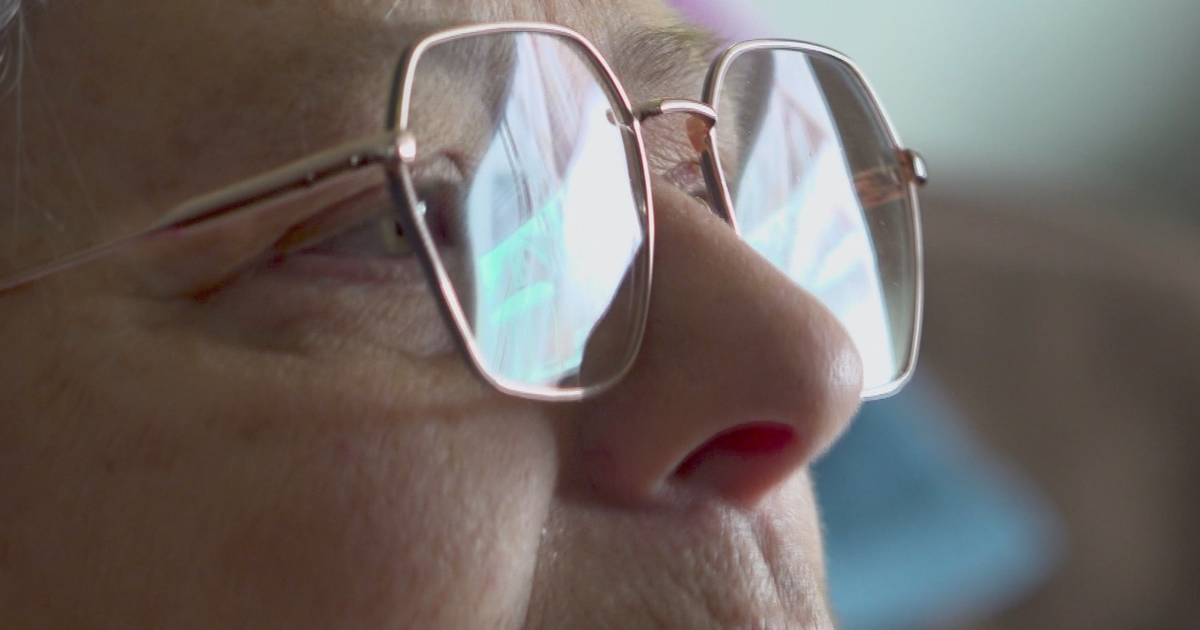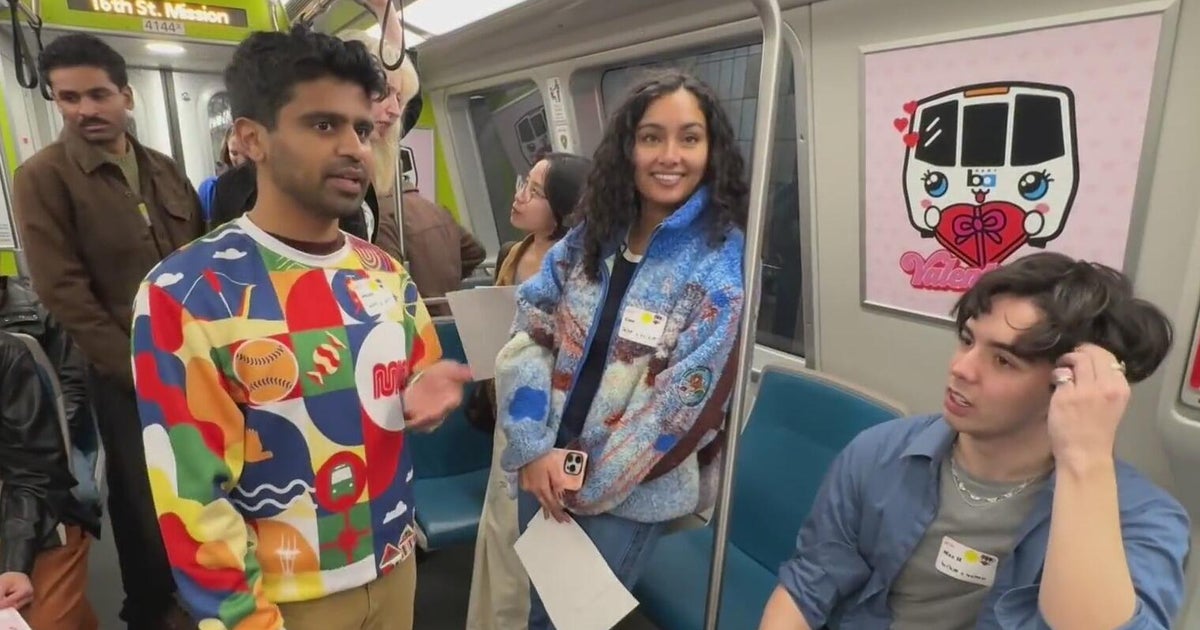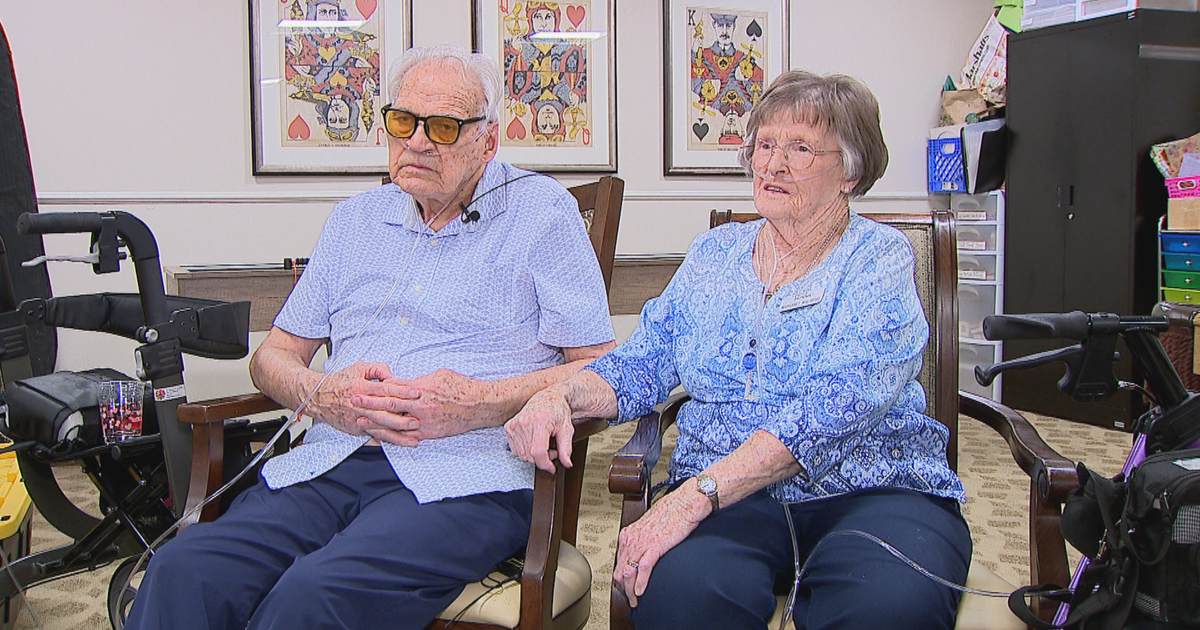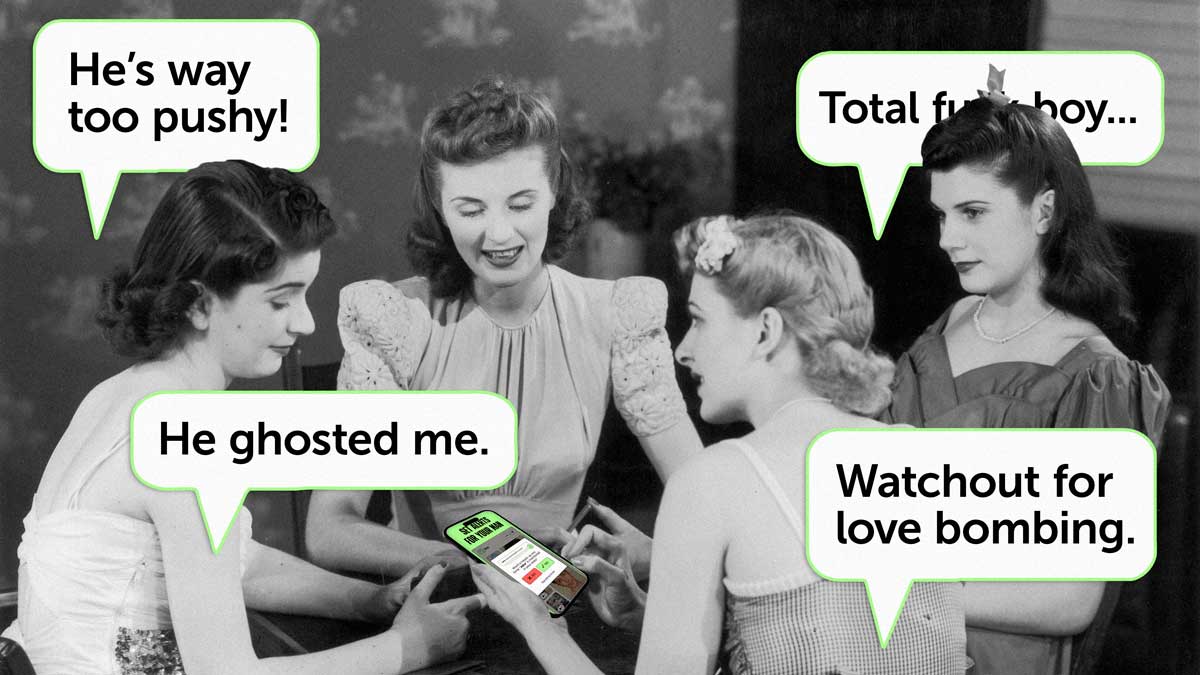Dating apps expose lovebirds to scammers and hackers
Finding love before the smartphone era often entailed an endless procession of bad dates, missed connections, and a lot of serendipity. Today, finding romance—or at least a Valentine's Day date—is just a swipe and a tap away.
Unfortunately, so too are scams and hacks that use mobile dating apps to hoodwink the lovelorn.
Dating apps first caught fire with young people on college campuses, said Wired's Issie Lapowsky, because "you could take it with you, not unlike Instagram and all these apps we're addicted to, people started scrolling and scrolling and it became a really easy way to meet people."
Tinder and Grindr innovated early, Lapowsky said, "but now you have Bumble, you have Hinge, you have all these apps that encourage you to connect with people that you have friends in common with. That helped normalize [online dating]."
But with greater convenience comes increased exposure to hacks and scams.
Data security and privacy should concern all users of dating apps, she said. Some of these companies just aren't as sophisticated as larger social media firms, "so they can fail to protect user data adequately." The other risk is that hackers know there is personal and sensitive information on these sites, which makes can make dating apps attractive targets.
Scammers also run amok on dating apps. In 2018, romance scams were the most expensive types of fraud reported to the FTC, resulting in approximately $143 million in losses.
"For as long as people have been falling in love online they've been getting scammed into giving money to people," Lapowsky said. "This is the way it will work: Somebody sets up a fake account and they start chatting with you, they might convince you to send some private photos, and then all of a sudden they try to blackmail you for money."
Lapowsky described another scenario where the fraudster might pluck at the target's heartstrings and build a rapport, then claim to be in a car accident or have a family emergency and require money. "[Fraud] has happened long before apps came along, but possibly because so many more people are on the apps, the FTC is saying this is a far bigger problem that it was in the past."
Lapowsky shared a few useful tips for protecting your privacy and safety with online dating apps:
Limit the information you share on all social media sites, not just dating apps.
Only use reputable sites.
Use a different photo on your dating apps than you use on professional networks like LinkedIn.
Make sure you have your first date in a public space.
If you connect your dating app to larger social networks like Facebook, make sure you limit the data you share between accounts.



